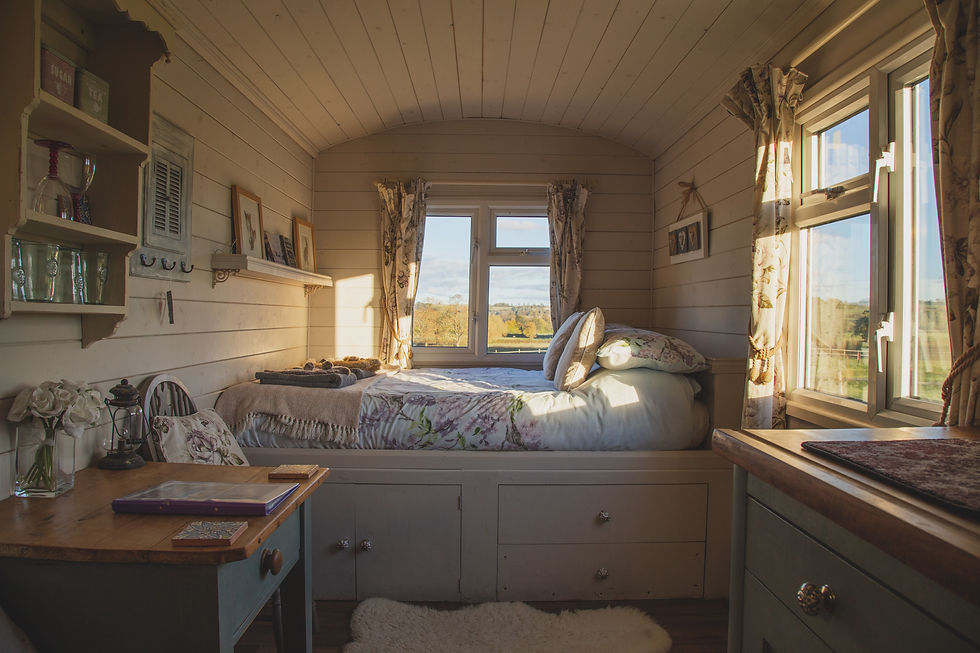
In a world where simplicity is gaining momentum, the concept of tiny houses has emerged as a revolutionary way of living. These compact dwellings, typically ranging from 100 to 400 square feet, have captured the imagination of those seeking a minimalist lifestyle, financial freedom, and a reduced environmental footprint.
What Defines a Tiny House?
A tiny house is a fully functional, downsized living space that maximizes efficiency and minimizes excess. These homes are characterized by their clever design, innovative use of space, and a focus on the essentials. Tiny houses can be built on wheels or on a foundation, offering flexibility in terms of mobility or permanence.
The Allure of Tiny Living
Sustainability: One of the key attractions of tiny houses is their eco-friendly nature. With a smaller footprint, they require fewer resources to build and maintain. Many tiny homes are also designed with energy-efficient features, embracing a more sustainable way of living.
Financial Freedom: Tiny houses often come with a significantly lower price tag compared to traditional homes. This affordability allows homeowners to reduce or eliminate mortgage debt, freeing up finances for other pursuits, experiences, or investments.
Simplicity and Decluttering: Tiny living encourages a decluttered lifestyle. With limited space, individuals are forced to prioritize what truly matters to them. This leads to a simpler and more intentional way of living, where possessions are chosen for their utility and value.
Mobility: For those with a sense of adventure, tiny houses on wheels provide the ultimate freedom to travel. Whether it's exploring different landscapes, following career opportunities, or just changing scenery, the mobile aspect of tiny homes allows residents to take their homes with them.
Challenges and Considerations
While the appeal of tiny living is undeniable, it's important to recognize the challenges associated with this lifestyle. Limited space requires thoughtful organization, and individuals must be prepared to make conscious choices about their belongings. Zoning regulations and finding suitable locations for tiny homes can also pose challenges.
The Future of Tiny Living
As the world continues to grapple with issues of environmental sustainability, housing affordability, and a desire for simpler living, the tiny house movement is likely to grow. Innovative designs, technological advancements, and a shift in societal values are paving the way for a future where the charm of tiny living becomes more mainstream.
In conclusion, a tiny house is not just a structure; it's a philosophy that challenges conventional notions of homeownership and embraces a lifestyle centered on what truly matters. Whether it's a permanent residence or a mobile adventure, the tiny house movement is leaving a big impact on the way we think about home.

Comments